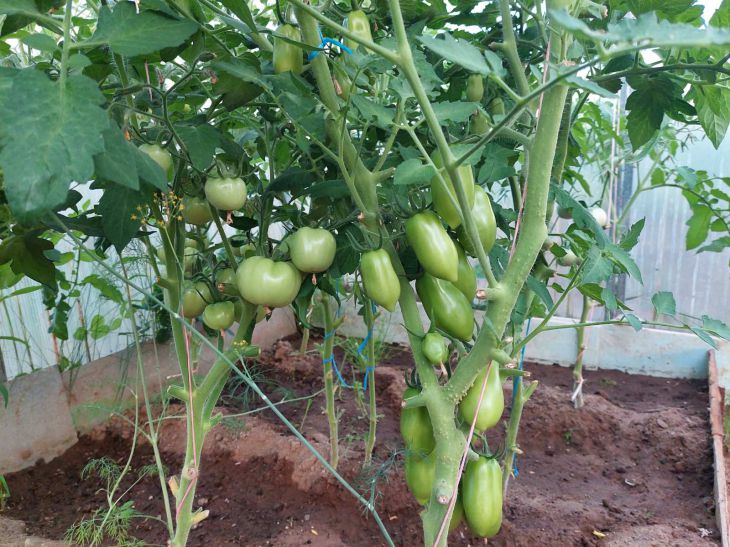"Milk" irrigation is a long-known method of protecting garden crops from pests.
You can prepare a remedy against dangerous insects using not only village milk, but also a product bought in a store.
The effectiveness of the drink is explained very simply: the lactose it contains has a negative effect on pests.
As a result, the risk of damage to the fruits, leaves and stems of plants is significantly reduced.
However, there are some nuances to using milk as an insect repellent. If you make a mistake, you can lose your harvest.

What plants should not be watered with milk
This type of treatment is not suitable for the following garden crops:
- peppers;
- eggplants.
"Milk" watering will result in very small fruits being formed on the bushes. The yield will drop sharply.
For which plants is "milky" irrigation suitable?
But the procedure is beneficial for the following crops:
- cucumbers;
- tomatoes;
- onion;
- carrot;
- beet.
But it is important to remember that using undiluted milk is dangerous.
You can only water the soil under the plants with a drink that is heavily diluted with water.
So, there should be no more than 250 milliliters of milk per bucket of clean water.








